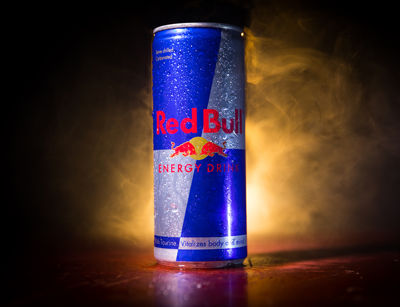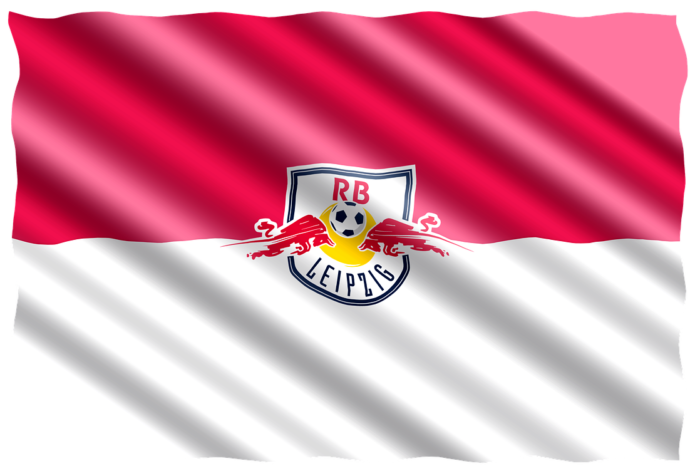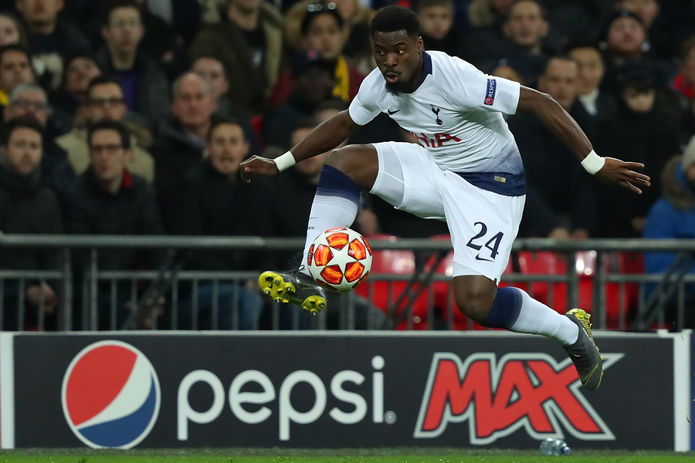
In a quiet suburb of Eastern Germany, a revolution is brewing.
It’s not a loud, in-your-face and demands-attention style revolution, more a quiet, slow build that is simply inescapable as momentum continues to grow.
It’s been a decade since the energy drinks company Red Bull purchased the SSV Markranstädt football club, rebranding them RB Leipzig and beginning a journey that sees them, at the time of writing, sitting top of the German Bundesliga and into the last 16 of the Champions League.
The commercial brand has been met with resistance, with German footballing authorities changing their rules so that the Red Bull name could not appear in front of the club’s new moniker – the ‘RB’ stands for RasenBallsport.
Largely detested in Germany for their status as a ‘sell out’ club, everyone associated with RB Leipzig couldn’t give a hoot – they are fast becoming one of the very outfits in European football.
Red Bull have given wings to other teams, too. In 2005 they acquired SV Austria Salzburg, and the off-shoot – Red Bull Salzburg – has gone on to enjoy success domestically and on the continent. If you are a football fan that hasn’t been living under a rock, you can’t help but have heard of the exploits of Erling Braut Haland, who is one of the hottest young talents in the world that has been nurtured by the franchise.
They also own three-time Supporter’s Shield winning MLS side New York Red Bulls too, and there is the opportunity for players and coaching staff to move from one to the other. It’s a network that is rapidly growing in influence across the sport.
So is Red Bull’s investment in football a simple commercial gimmick, or a sign of a corporate future for the beautiful game?
Doing Things the Right Way

For most, Red Bull’s insertion into football was nothing more than a PR stunt or marketing gimmick. They had no place in the modern game!
But if this escapade was merely to get themselves into the media, why on earth did they buy a club in the fifth tier of German football, of which the hometown is populated by just 15,000 people?
All would become clear, as a relocation and rebranding saw them take on the Leipzig name, which had been synonymous with success in the 1980s.
They reached the final of the Cup Winners’ Cup in 1987, but shortly after the reunification of Germany fell upon hard times before going extinct in the 90s.
Spotting an opportunity, Red Bull purchased SSV Markranstädt and moved them to Leipzig – a city with half-a-million inhabitants that at the time did not have their own football team to cheer on.
It was coincidental, rather than meaningful, that Leipzig is also the former home of the German FA, who had tried to block Red Bull’s entry into the sport.
They started to climb the ranks of German football rapidly, winning a number of promotions despite rabid opposition from all corners of the game. Later on, fans of Union Berlin dressed all in black and sat in silence while watching their team take on Leipzig – a symbolic ‘death of football’ moment. Supporters of Dynamo Dresden were a little more, erm, literal with their protest, throwing a severed bull’s head onto the pitch in their own visceral demonstration whilst brandishing signs that read “Tradition Cannot be Bought”.
Tradition kann man NICHT kaufen ! #Bullenkopf #RedBull #Bundesliga #Leipzig #Dresden #DFBPokal RB Leipzig Betrug pic.twitter.com/KjZvi8rNvW
— JB Verneuil (@JB_Verneuil) August 21, 2016
But all is not as it seems. German football has its ‘50+1’ rule, which dictates that fans retain majority voting rights and control over decision-making – in short, Red Bull were not exactly dictatorial in pulling the strings.
And this is a franchise that has not gone out all-guns blazing and spent their fizzy sugar daddy’s cash willy-nilly – this is a club with a global scouting network to find the best young prospects in the world. Timo Werner and Naby Keita, two of the hottest properties in football, were purchased for a combined sum of around £20 million, while Sadio Mane was acquired by sister club Red Bull Salzburg for just £3 million.
Leipzig have resisted mega-bucks spending, have so far kept season ticket prices at a below-average price and have maintained success at the top-level – their second place finish in the Bundesliga in 2015/16 could be replicated or bettered in 2020.
There’s no doubt they are doing things the right way, even if their owners are a little on the unconventional side.
Brand United

Ferrari Athletic? Microsoft Albion? Ginsters United?
Okay, football’s total discombobulation into corporate ownership structures still appears to be some way off.
It’s rare for a big brand to invest in the beautiful game in this way, and indeed other major clubs that have been purchased by big business have tended to see their investment come from the East.
In 2016, the Chinese firm Suning Holdings Group purchased a controlling two-thirds stake in Inter Milan, a side hanging from the coattails of Juventus year-by-year.
Suning, one of the largest retailers in China, have bought well but not extravagantly, and now Inter look set to finally end Juventus’ Serie A dominance in the 2019/20 campaign.
Wolves’ ascent from the Championship to the Europa League has been brokered by Fosun International, an investments firm with their fingers in real estate, healthcare and more. Their billionaire owner, Guo Guangchang, is friends with super-agent Jorge Mendes, who has been able to broker deals to sign the likes of Ruben Neves, Joao Moutinho and Rui Patricio. While the Chinaman remains interested, expect Wolves to continue their upward march.
And we can’t forget that Leicester’s incredible rise to Premier League champions was, and is, paid for by their Thai owners. Okay, so the King Power group may not have splashed big cash during the Foxes’ historic season, but they have written off debts, paid for a new training ground and infrastructure and invested heavily in the local community. That was why the tragic death of Khun Vichai, their former owner, was met with city-wide anguish.
Are we any closer to a complete takeover of football from major global brands? Perhaps not, with most seemingly happy to keep their chequebooks firmly stowed away.
But the growing dominance of Red Bull and Leipzig, and significant investment from Asia, might just persuade more corporations to take the plunge.